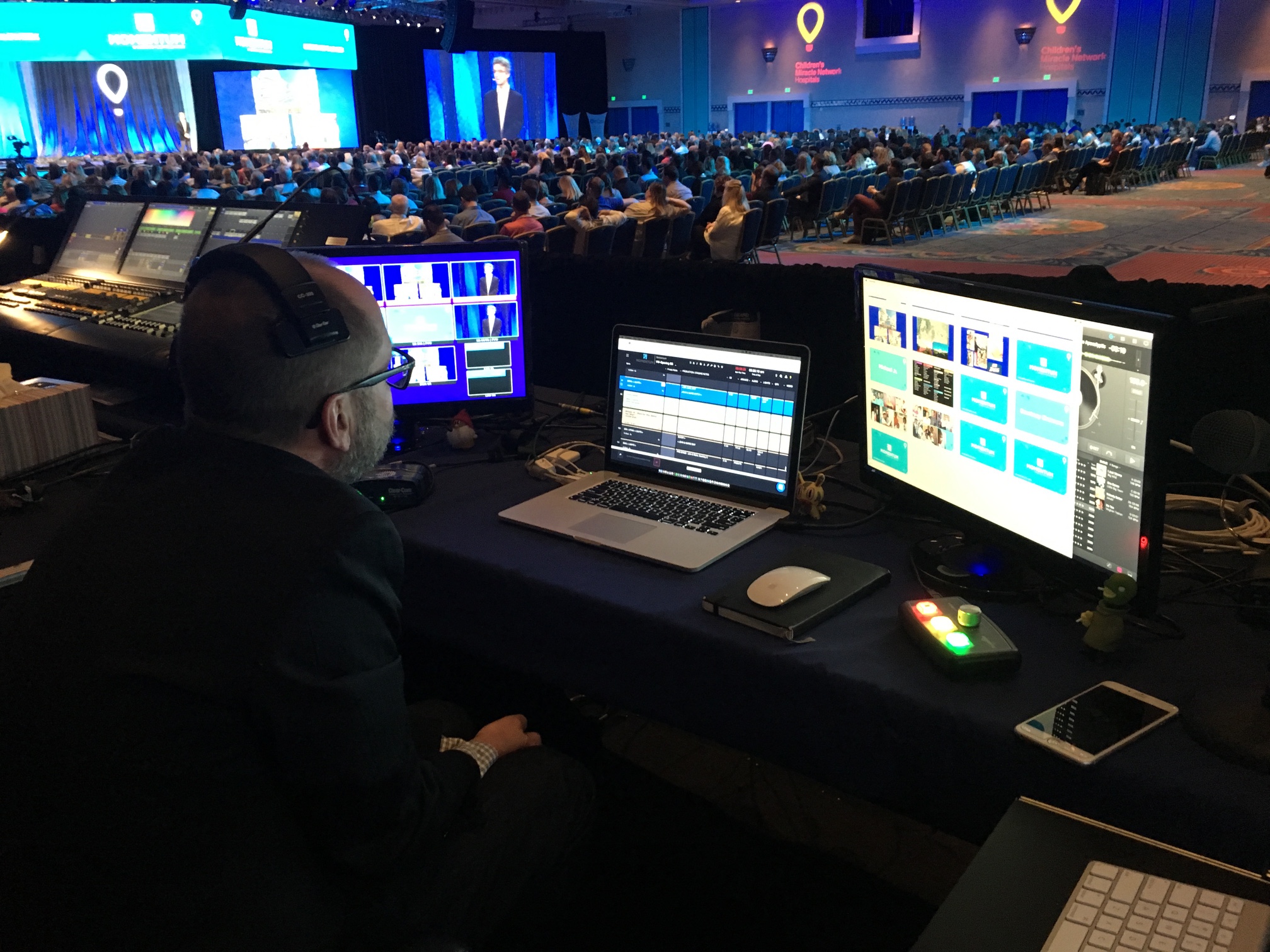Behind the Scenes: The Magic of Successful Event Productions
Behind the Scenes: The Magic of Successful Event Productions
Blog Article
Comprehending How Events Manufacturing Functions: A Comprehensive Overview of the Process
The intricacies of event production demand a methodical technique that incorporates multiple phases, each playing an important function in the general success of an occasion. Comprehending the nuances of budgeting, resource appropriation, and on-site management is essential for any professional in this area.
First Preparation and Idea Development
Effective preliminary planning and concept growth function as the structure for successful events manufacturing. This phase involves specifying the occasion's function, target audience, and desired end results. A clear vision is crucial; it overviews all subsequent choices and aids line up the team's initiatives towards a typical goal.
Throughout this stage, brainstorming sessions can be invaluable. Engaging stakeholders, including clients, enrollers, and potential attendees, cultivates a collective environment that creates ingenious ideas. In addition, detailed marketing research ought to be performed to comprehend trends, choices, and potential obstacles.
As soon as the principle is established, it is crucial to produce a comprehensive occasion summary. This overview needs to include the event's motif, format, and vital activities. Developing a timeline is equally crucial, as it aids to handle tasks and due dates effectively.
Budgeting and Resource Appropriation
With a strong principle in area, focus should transform to budgeting and source allowance, which are essential parts in executing the occasion successfully. A well-defined budget offers as a roadmap, detailing all expected costs and available resources - Event Productions.
Source allocation entails appointing both economic and human sources to numerous jobs and elements of the occasion. Prioritization is crucial; crucial components must obtain sufficient financing while much less critical elements might require a more conservative strategy. Backup planning is essential-- allocating a part of the spending plan for unanticipated costs can mitigate economic dangers.
Furthermore, efficient communication amongst staff member pertaining to budget plan constraints promotes collaboration and advancement. This promotes the liable use sources and encourages imaginative services to remain within budget plan. Inevitably, a tactical strategy to budgeting and resource allowance lays the groundwork for an effective event, making it possible for planners to concentrate on delivering an unforgettable experience for attendees while preserving financial stability.
Logistics and Control
Navigating the intricacies of logistics and coordination is necessary for the smooth execution of any kind of occasion. This phase entails precise preparation and organization to guarantee that all elements function in harmony. Secret aspects consist of venue option, transport arrangements, and the scheduling of different tasks.
Effective logistics begins with a thorough evaluation of the location's capabilities and restrictions. This includes recognizing the layout, gain access to points, and offered resources. When the location is verified, transport logistics need to be developed, incorporating the activity of participants, equipment, and products. Collaborating these components calls for cooperation with suppliers, distributors, and transport services to ensure timely shipments and pick-ups.
Another critical aspect is the growth of a thorough timeline that details all logistical aspects leading up to the event. This timeline functions as a roadmap, describing crucial turning points and due dates for tasks such as equipment arrangement, catering services, and audiovisual setups. Regular communication with all stakeholders is vital to address any kind of potential issues proactively.
Implementation and On-Site Administration
Successful execution and on-site monitoring are essential for changing precise strategies into reality during an event. This phase entails the seamless control of different components, making certain that every detail aligns with the well-known vision. On-site managers play a go to this website crucial function, acting as the central factor of communication among suppliers, personnel, and stakeholders. Their capacity to make real-time decisions can significantly affect the occasion's success.
A well-defined timetable is vital, offering as a roadmap for all activities. Event managers have to guarantee that arrangement occurs promptly, sticking to timelines for sound checks, catering shipments, and visitor arrivals. Reliable problem-solving skills are also crucial; unanticipated obstacles can arise, needing fast reasoning and flexibility to keep the event's flow.
This degree of engagement not only improves the general experience but also mirrors the professionalism and reliability of the event team. Ultimately, successful implementation and on-site monitoring hinge on in-depth preparation, effective interaction, and a dedication to delivering a phenomenal occasion for all involved.

Post-Event Examination and Feedback
The conclusion of any occasion exists not just in its implementation but likewise in the detailed evaluation that complies with. Post-event examination is crucial for identifying the general success of the occasion and recognizing locations for enhancement. This procedure normally entails gathering feedback from various stakeholders, including guests, vendors, and employee, to get a detailed point of view on their experiences.
To structure the assessment, occasion organizers frequently use studies and meetings, concentrating on crucial efficiency signs Get More Information such as guest contentment, logistical performance, and spending plan adherence. Analyzing this information permits organizers to evaluate whether the event fulfilled its purposes and to comprehend the strengths and weak points of the implementation.
Furthermore, compiling a detailed record summarizing the searchings for is essential for future recommendation. This documentation not just acts as a useful resource for planning succeeding occasions yet additionally promotes a culture of continuous renovation within the company. By systematically addressing responses and applying modifications, event experts can improve their strategies, ultimately leading to even more impactful and effective events. Finally, post-event analysis is a crucial step in the occasion production procedure that makes sure ongoing development and excellence in future undertakings.
Verdict

The details of event visit this page production need a systematic method that integrates numerous stages, each playing an important function in the total success of an event.With a solid idea in area, focus must turn to budgeting and source appropriation, which are vital elements in carrying out the occasion efficiently.Source allotment includes appointing both human and financial resources to various tasks and elements of the event. Eventually, a calculated strategy to budgeting and source allocation lays the foundation for a successful event, allowing coordinators to concentrate on providing a remarkable experience for participants while keeping economic honesty.

Report this page